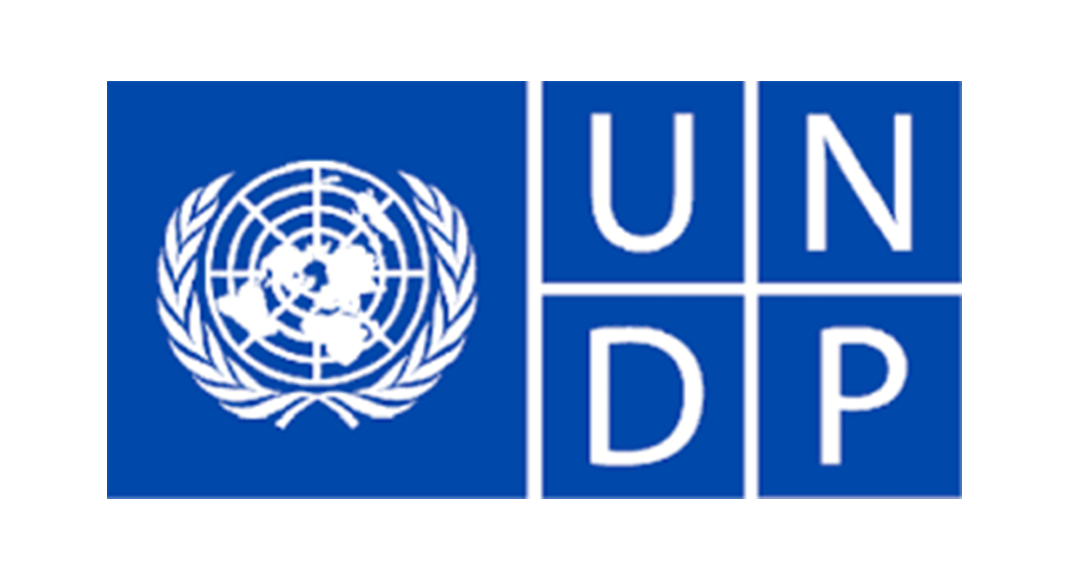
The Horn of Africa, a region historically plagued by conflict and instability, is facing a multifaceted crisis that has been exacerbated by a confluence of factors, including climate change, geopolitical shifts, and ineffective regional governance. The UN Development Program's (UNDP) 2024 Regional Human Development Report underscores the urgent need for concerted action to address these challenges.
A Failure of Governance
The report is scathing in its criticism of the UN Security Council and the African Union Peace and Security Council for their failure to prevent and respond to conflicts in the region. Despite early warning signs, both bodies have been unable to effectively intervene to protect civilians and stem the tide of violence. The wars in Sudan and Ethiopia serve as stark examples of this systemic failure.
The Toll of Conflict
The human and economic costs of these conflicts have been devastating. Millions of people have been displaced, injured, or killed, and entire communities have been shattered. The region's economies have suffered immense damage, with billions of dollars lost to violence and instability. The ongoing conflict in Sudan, in particular, has had a catastrophic impact, disrupting food supplies, driving up prices, and exacerbating humanitarian needs.
The Threat of Climate Change
Climate change is further compounding the region's problems. Rising temperatures, erratic rainfall patterns, and increasingly frequent droughts are undermining agricultural production, leading to food shortages, and fueling social unrest. The Horn of Africa is particularly vulnerable to the effects of climate change, and the consequences for its people are dire.
Geopolitical Tensions
The Horn of Africa has also become a geopolitical battleground, with regional and international powers vying for influence. The competition for resources, particularly water, and the strategic importance of the Red Sea have heightened tensions between countries in the region. The involvement of external actors in regional conflicts has further complicated efforts to achieve peace and stability.
A Path Forward
To address these challenges, the international community must take urgent action. This includes:
Strengthening regional institutions: The African Union Peace and Security Council must be empowered to take decisive action to prevent and resolve conflicts.
Investing in sustainable development: Governments in the region must prioritize investments in education, healthcare, and infrastructure to build resilient communities.
Addressing climate change: Global efforts to mitigate climate change and adapt to its impacts must be accelerated.
Promoting dialogue and diplomacy: Regional leaders must engage in constructive dialogue to resolve disputes peacefully.
Providing humanitarian assistance: The international community must continue to provide humanitarian aid to those affected by conflict and climate change.
The future of the Horn of Africa hangs in the balance. By taking decisive action to address the root causes of conflict, climate change, and geopolitical tensions, the region can be transformed into a more peaceful and prosperous place.
[Copyright (c) Global Economic Times. All Rights Reserved.]






























